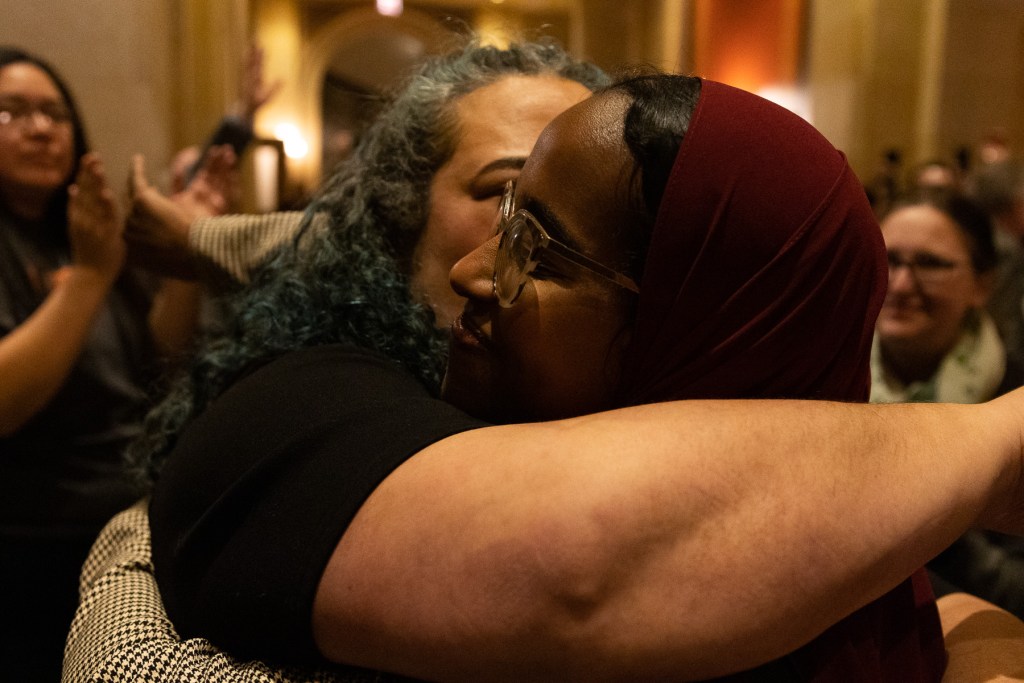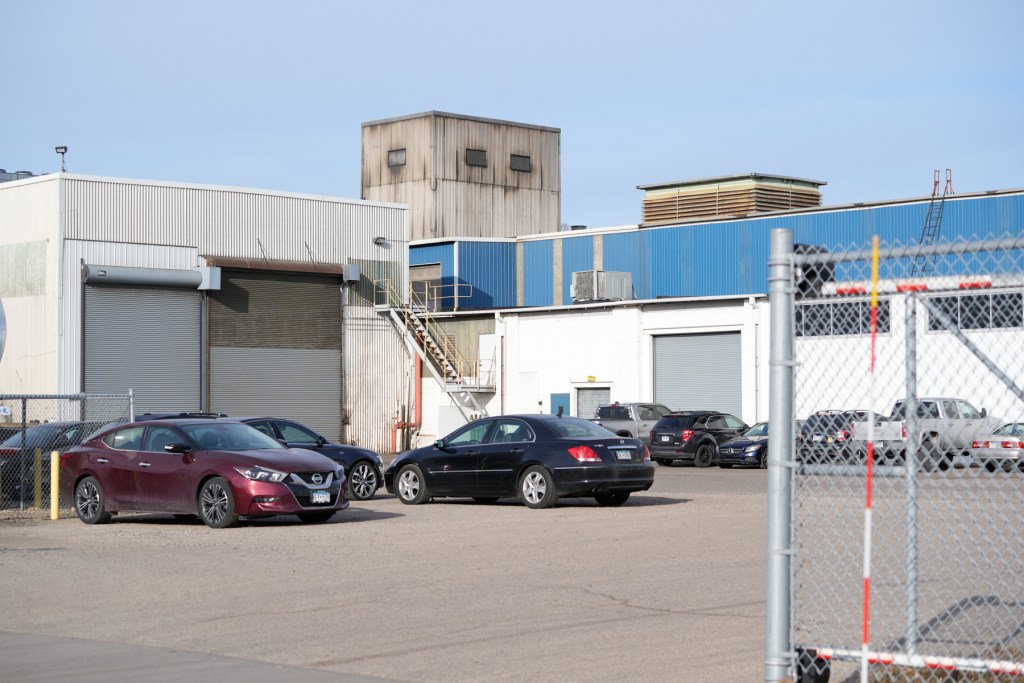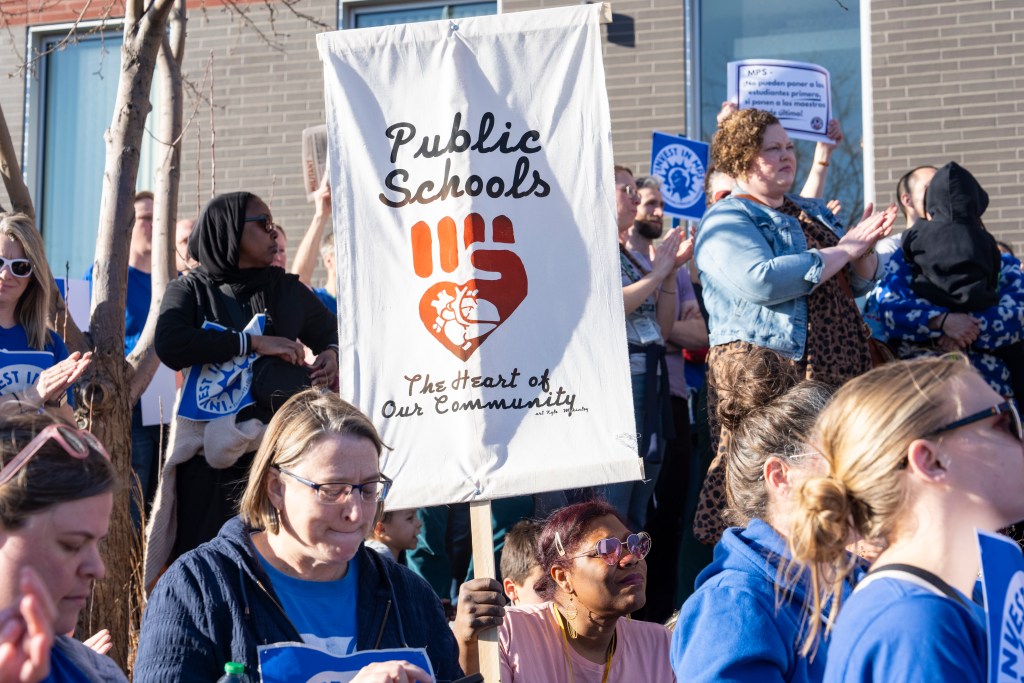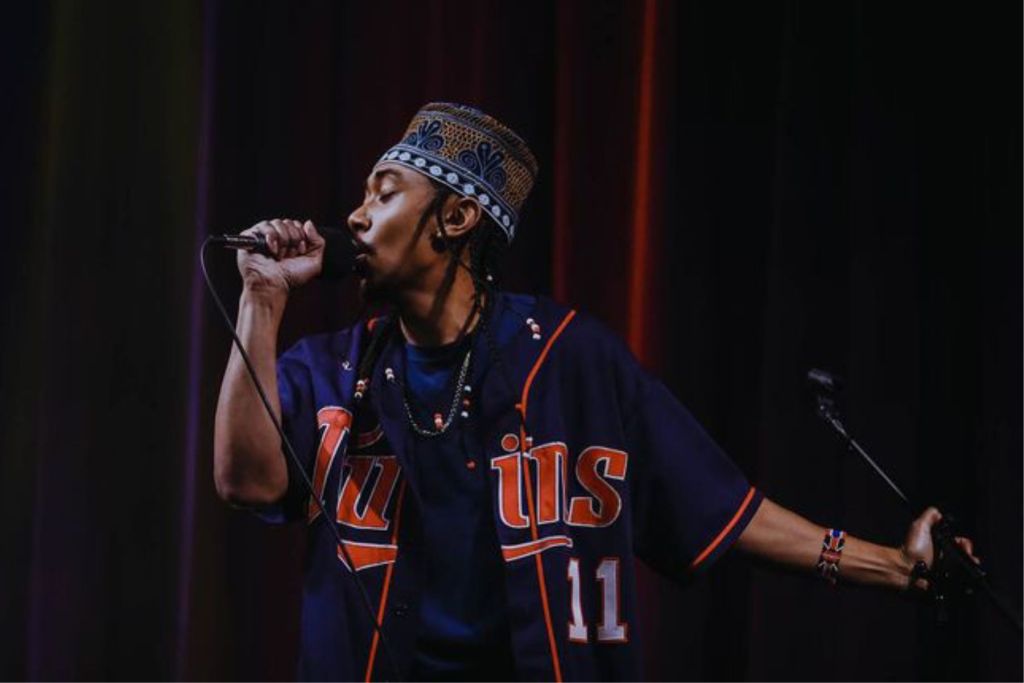The Minnesota House voted Monday evening to pass a bill that would allow undocumented immigrants to obtain driver’s licenses.
The House voted 69-60 to approve “Driver’s Licenses For All,” a bill that has floated through the Legislature for more than a decade. Freshman Representative María Isa Pérez-Vega, DFL-St. Paul, and Representative Aisha Gomez, DFL-Minneapolis, sponsored the legislation.
The bill proposes ending a requirement that applicants must show proof of legal residence in the United States when applying for a Minnesota driver’s license or state identification card. There are an estimated 81,000 undocumented immigrants in Minnesota, according to the Migration Policy Institute in Washington, D.C. Ninety-four percent of those immigrants are over the legal driving age of 16.
The bill has moved through the Legislature faster than ever, gaining momentum just a month into this year’s legislative session. Advocates are hopeful it will finally pass this year with Democrats controlling the House, Senate, and Governor’s office.
The Driver’s Licenses For All bill would give undocumented immigrants peace of mind that they can safely drive in Minnesota—and that they also belong here, said community organizer Nia Navarro. Navarro, a 28-year-old Mexican immigrant, is also a recipient of Deferred Action for Childhood Arrivals.
“Having it pass so quickly and almost with flying colors legitimizes that this is important not just to our community,” Navarro said, “but to our state legislators, who really campaigned on this bill as one of their key pieces of legislation that they were hoping to achieve so early in the session.”
In the 2023 legislative session, Democrats hold 70 seats in the House compared to Republicans’ 64. The bill will now go to the Senate for a vote before 34 Democrats and 33 Republicans. State DFL Senators Zaynab Mohamed, Bobby Joe Champion, Scott Dibble, Alice Mann, and Nick Frentz sponsored a Senate version of the bill.
Governor Tim Walz has said he will sign the bill into law if it reaches his desk.
A few hundred people gathered in the state capitol building in support of Driver’s Licenses for All. Dancers circled the rotunda to the beat of drums booming through the hallways while House members discussed the bill.
The Minnesota Department of Public Safety changed driver’s license eligibility rules in 2003 under then-Governor Tim Pawlenty to require proof of lawful admission to the United States. Since then, advocates in immigrant communities have organized to change the rule and to urge new DFL legislators to prioritize the Driver’s Licenses For All bill.
Eighteen states and Washington, D.C., allow undocumented immigrants to obtain driver’s licenses.
State Senator Patricia Torres Ray, DFL-Minneapolis, first pushed to eliminate the requirement after she was elected as the first Latina in the state Senate in 2006. Her effort gained more traction in 2013, when the state Senate passed a similar bill authored by Champion. That bill later died in the House. Democrats held a majority in all branches of state government that year. Another version of the bill passed in the House in 2019, but lost traction in the Republican-majority Senate.
“This is not just happening at the political will of the DFL party leaders. This work has been happening for decades,” Navarro said. “Community groups formed entire political organizations to be able to register voters, turn out voters that care about this issue. Every single election has been building that bloc of support one legislator at a time.”
The bill’s proponents say allowing undocumented immigrants access to driver’s licenses would make the roads safer for everyone. Hit and runs decreased by nine percent in Connecticut in 2019 after undocumented immigrants were allowed to legally drive, according to Boston-based public radio station WGBH. Those crashes decreased by seven to 10 percent in California after a similar change there, according to a Stanford University research study.
House Republicans raised concerns about the driver’s licenses being used to fraudulently register voters who don’t qualify to vote. They presented amendments to the bill, proposing that licenses for undocumented Minnesotans be laid out vertically instead of horizontally like standard licenses, that they include the phrase, “Not for voting,” on the back, and that the licenses feature a colored background. None of the amendments were adopted.
Veena Iyer, the executive director of the Immigrant Law Center of Minnesota, said there’s no reason to fear that giving driver’s licenses to undocumented immigrants will lead to voter fraud. The bill includes provisions to make sure the state Department of Public Safety shares information about who is registering to vote with the Secretary of State’s office, which handles elections security in Minnesota, she said. That communication already exists under state law.
“What’s important is that this is not a voting bill,” Iyer said. “And driver’s licenses are not required to vote in Minnesota. This bill really focuses on what it is—which is a driver’s license bill.”
Sarah Brenes works with immigrants on legal matters as the executive director of the Binger Center for New Americans at the University of Minnesota Law School.
“Restoring universal access to driver’s licenses helps reduce fear among immigrant families, as well as other vulnerable populations who face barriers to obtaining IDs due to challenges in accessing necessary documents,” Brenes said. “Passing the Driver’s Licenses for All Bill is good for the Minnesota economy and makes our roads and communities safer for us all.”
Getting pulled over poses an added risk for undocumented people. Navarro became motivated to apply for Deferred Action for Childhood Arrivals after she was pulled over for driving without a license when she was 17 years old and undocumented.
“I was afraid of not only of getting a ticket, but also potentially being placed in deportation proceedings,” Navarro said.
The officer instead gave her a ticket for speeding and driving without a license. Navarro remembered the officer telling her to get a permit.
“I didn’t have the courage or capacity to explain to him that I couldn’t get a driver’s license,” she said. “But I was really scared after that day.”
After receiving immigration status through Deferred Action for Childhood Arrivals, Navarro was able to get a driver’s license. Navarro’s mother, who is undocumented, was also able to obtain a driver’s license prior to the 2003 rule change that required documentation of legal admission to the country. But renewing her license poses an additional set of challenges for Navarro’s mother.
“It’s stressful every time she has to go and renew it, because she’s afraid that they won’t know how to address social security requirements,” Navarro said. “We have to go to [Driver and Vehicle Services] offices that we know might be more aware of systemic challenges that immigrants face.”
Navarro said employees at the office on Chicago Avenue in Minneapolis and the Richfield office are generally more aware of the difficulties faced by immigrants like her mother.
The Senate Judiciary Committee is scheduled to discuss the Senate’s companion bill on Friday.
Here’s where undocumented immigrants in the United States can get a Driver’s License.
- California
- Colorado
- Connecticut
- Delaware
- Hawaii
- Illinois
- Maryland
- Massachusetts
- Nevada
- New Jersey
- New Mexico
- New York
- Oregon
- Rhode Island
- Utah
- Vermont
- Virginia
- Washington
- Washington D.C.
- Puerto Rico















